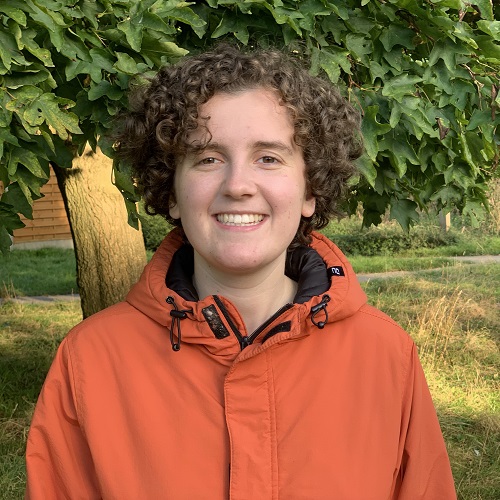Catherine Walker

PhD: The War-torn Woodlands of Britain: Reconstructing the ecological impacts of historical disturbance
Location: Centre for Ecology and Hydrology (CEH), Lancaster
My drive to pursue a PhD in woodland ecology began after volunteering at my local woodland, Birchanger Wood, in Hertfordshire. Now a trustee of the wood, this experience has shaped my love of woodland ecology. As an ancient semi natural coppice woodland, working on this site opened my eyes to how historical management of a woodland can have dramatic consequences for biodiversity. My PhD explores this further. I am using data from the Bunce woodland survey which is a survey of 103 woods across Britain. This survey was first undertaken in the 1970s, then repeated in the 2000s and is currently undergoing another resurvey. Using this data, I will build up a picture of how the structure and diversity of British woodlands has changed since the 1970s. So far, the Bunce data show a trend towards aging canopy trees and reduced understory plant biodiversity. It is hypothesised that this trend is due to mass felling of trees during the second world war and subsequent declines in traditional woodland management practices. Due to this I will be delving into historical evidence from the 1940s and 1950s to determine what really happened to our woodlands, where it happened and when. Through linking these areas of exploration together, the project will help to answer the vital question of why woodland plant biodiversity is decreasing and inform how British woodlands could be managed moving forward.
My undergraduate degree was in Conservation Biology and Ecology, which I studied at the University of Exeter’s Cornwall campus in Penryn. This was an amazing location for exploring the natural environment and I was intrigued by the local biodiversity in areas such as Kennal Vale and the Lizard Peninsula. I was also involved in the Ecological Society, through which I gathered fieldwork skills and enjoyed collaborating with fellow ecologists. Having thoroughly enjoyed the data analysis side of my degree I went on to pursue a Master’s in Applied Data Science and Statistics. During this time, I had the opportunity to work with people from a range of academic backgrounds, allowing me to discover fresh perspectives on global challenges. My PhD ties together my interests and I am thoroughly enjoying getting stuck into data driven ecology.
